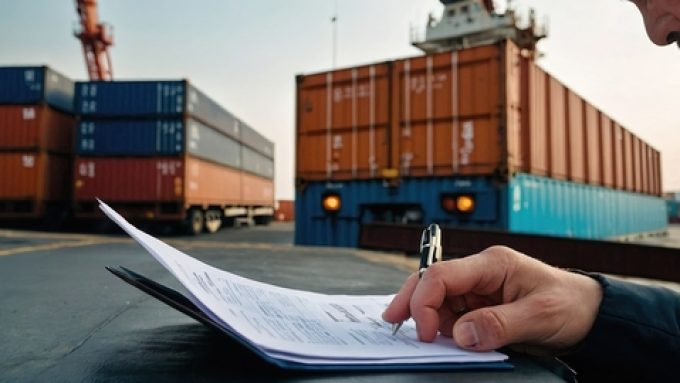Maersk warns of delays in Rotterdam after port workers' strike
Maersk has advised that, following a strike at Hutchison Port Delta II in Rotterdam on ...

Despite ending today, the lingering costs of the International Longshoremen’s Association (ILA) strike could leave uninsured US east and Gulf coast shippers with a hefty bill – and even those with cover could be caught out by unforeseen risks.
Patrizia Kern, chief insurance officer at embedded insurance platform Breeze, told The Loadstar the effect on insurance claims would “largely depend on the length and scale of the strike”.
Yesterday, the USMX and ILA announced they had extended the master contract and ...
Trump tariffs see hundreds of cancelled container bookings a day from Asia
Macron calls for ‘suspension’ – CMA CGM's $20bn US investment in doubt
De minimis exemption on shipments from China to the US will end in May
Forwarders stay cool as US 'liberation day' tariffs threaten 'global trade war'
Mixed response in US to 'Liberation Day', while China leads wave of retaliation
Tariffs and de minimis set air freight rates on a volatile course
Overcapacity looms for ocean trades – with more blanked sailings inevitable
'To ship or not to ship', the question for US importers amid tariff uncertainty


Comment on this article
Kevin Varghese
October 07, 2024 at 6:06 amA lot of what was told by Mrs. Kern suggests that insurance is going to be really really tough to claim after the strike.